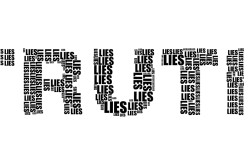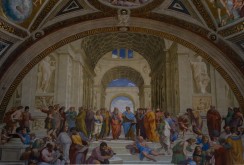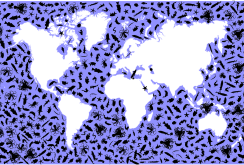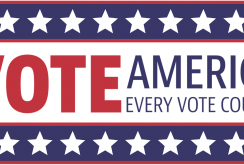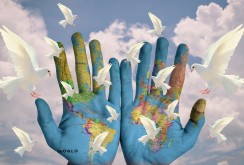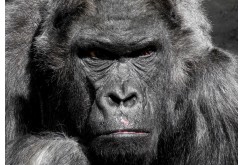The famed British Prime Minister Benjamin Disraeli is reputed to have said "There are three kinds of lies: lies, damned lies, and statistics." His wry comment (later quoted by Mark Twain) was intended to call attention to how easily we can be misled by spurious precision. Perhaps this is what inspired Darrell Huff’s classic small book, How to Lie with Statistics.

